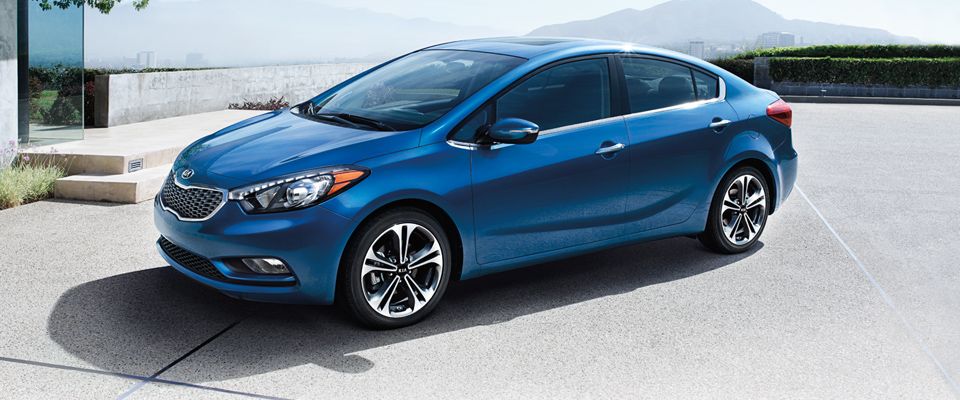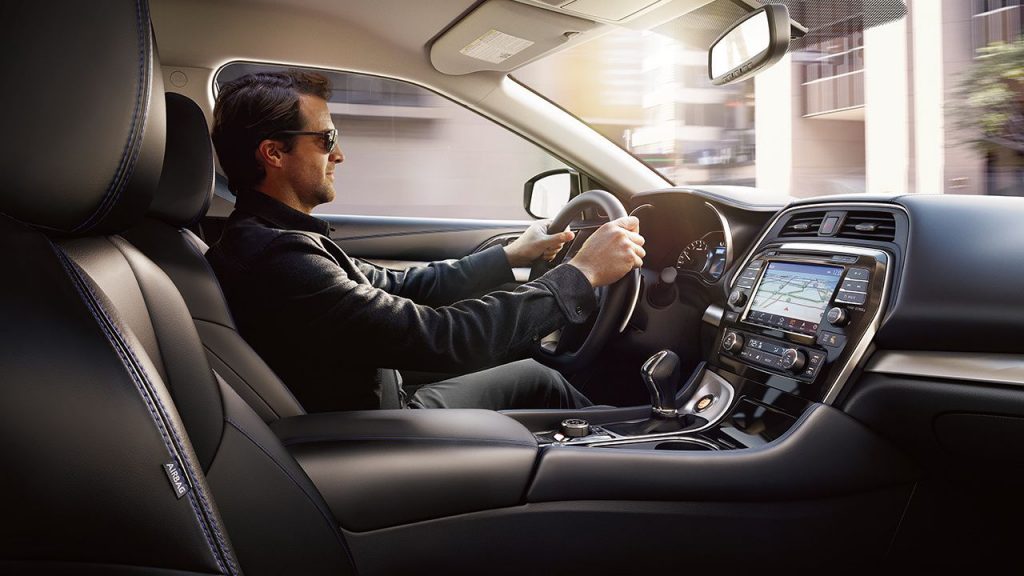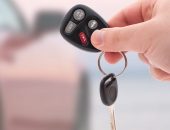Owning a new car for the first time is a difficult and careful task since you’re putting a lot of your money on the line. With a wide range of vehicle options available in the market, it’s no doubt that you’ll find it confusing on which one will suit best for you – but the best factors to consider would be your lifestyle and personal preference. If you’re living around Rochester, New York, this city isn’t short from car dealerships as long as you know your way to shop around.
Among car manufacturers, the Vision Kia stands a pretty great option for first-time car owners. Since they have different makes and models, there’s definitely one that will be perfect for you, but before that, you should be educated about car buying tips first. You can see more information here to help you out with your search.
Here are a couple of car-buying tips for new car owners like you:
Do initial research

Before you set foot in any of your options, do your homework diligently. With wide internet accessibility nowadays, you can easily search for contact information of different car dealerships around your area and call them for inquiry. If you’d like to do it online, you can search for different makes and models of manufacturer websites, and familiarize yourself with these vehicles. For more detailed reports and information about the best vehicles recently, check various review sites. Also, read about common car components and features and learn their functions.
This first step is created to introduce you to the world of automobiles and vehicles. You won’t have to choose your options immediately as you will begin to narrow them down in the next tips but for now – it’s great to have a strong background.
Set your realistic budget.
Now, it’s time to set your realistic budget for narrowing down your options. Most people save up a lot of money before making a car purchase, but some of them take out a car loan. Whichever option is more accessible for you, make sure your budget fits inside what you can afford. When planning for your car funds, don’t exactly save up for the certain price range you’re aiming for. Instead, save 25% more of your original budget to allow for maintenance, repair, insurance, accessories, and other miscellaneous purchases for the car.
Consider a used car

If you’re still confused about setting your budget, a useful tip is to consider getting a used car instead. Opting for a second-hand car has a variety of advantages for a new car owner as compared to a brand new car purchase. New cars depreciate their value at a rapid rate, so once the car has been driven off the lot, you should expect that they’ll have lesser prices far from the original manufacturer’s price. Thus, you can save more in the long run.
However, you can be a little short of options since you have to choose from what’s only available. You’re limited to the size, styles, color, or features, but you can still have them replaced or upgraded. Also, there are more risks of being scammed with used cars so always look out for this.
Think of needs versus wants.
To help you decide better, weigh out your needs versus your wants. Ideally, attending to your needs while following your personal wants is the best option, but they don’t overlap most of the time. Obviously, you’ll have to prioritize your transportation needs since that was the important reason why you even considered having a car. Do you need plenty of storage for your things? Do you need more passenger seats to drive your family to school and work every day? Those are some of the basic transportation needs that you should take into account. Other features that you can spend for a few dollars more are cruise control, hands-free Bluetooth, and anti-lock braking, among others.
When it comes to your personal wants, see if they’re extremely relevant to your driving experience. Usually, these wants are associated with extra upgrades and features such as luxurious leather seats, enhanced colors and cosmetics, and more.
Don’t be afraid to shop around.
When making a huge investment, you should always check every possible option that you have and much better, look for more options. However, try to eliminate as many options as you can that can’t fit your needs, budget, or preference – because more is actually less. While looking for the perfect car, many of these vehicles might excite you the moment you step inside the showroom of car dealerships. The salesperson will more likely take this opportunity for granted and encourage you to buy the cars without hesitation.
Shop around your vicinity and check every car dealership for more car options. In this way, you can compare the prices of cars with the same makes and models. Also, the services offered by these dealerships aren’t always equal, so it’s another deciding factor aside from comparing the prices. Don’t become embarrassed with the idea of leaving a dealership empty-handed, as you’re still in the process of choosing.
Go for detailed negotiations.
Once you’ve picked out your car, never close the deal without a detailed negotiation of everything about the car. A good negotiation to try are some tactics to lower the price of your car, even rounding off to the smallest dollars will make a huge difference.
Moreover, talk to the salesperson about the manufacturer’s warranty of the car, or in some fortunate cases, extended warranty offered by the dealership. Warranties are usually measured through mileage or yearly coverage.
If you’re opting for a used car, ask for the history report of the vehicle elaborating its upgrades, repairs, or if it has been involved in accidents. Also make sure that these used cars, if they’re sold by dealerships, have pre-owned certifications issued by the manufacturer or a third-party certifier. These certifications guarantee that the used cars have undergone thorough inspection before being sold.
Take it for a test drive

Image source: car-pictures.cars.com
Last but not least, obtain a genuine driving experience through a meaningful test drive. Now, most first-time car owners make the mistake of test driving their cars at wrong circumstances and incorrect actions, like test driving it for too short without maximizing their time. For a great test drive, here are some fool-proof tips:
- Do a test drive during times where the road isn’t busy. Thus, never drive the car during rush hours in the morning and night.
- Familiarize yourself with all the functions of the car. If you’re trying a used car, using these features will also help you identify damage and faults. Use every function as you can, such as brakes, windscreen wipers, air conditioning, and heating systems, lights, navigation systems, child safety locks, among others.
- Drive the car on different types of roads. As much as you can, drive around the town through country roads, hills, normal roads, or if circumstances allow, even wet roads are essential for test driving.
Conclusion
Being a new car owner feels exciting and rewarding, especially if you have chosen the perfect car for you that will suit your lifestyle and needs best, with the help of these few tips. Once you’ve laid your hands on your new car, the next task that awaits you is properly maintaining and taking care of your valuable investment. Take your car regularly into maintenance to see if there are underlying conditions that will put your safety at risk, and more importantly – waste your supposed-to-be lifetime investment.




